Choosing the right floor lifts for seniors can change daily life for you and your loved ones. You want a lift that gives safety and boosts independence. SuperHandy GoRise models help you find the best fit for your needs. Think about what makes you or your caregiver feel comfortable and secure. The right choice keeps you safe and lets you stay active at home.
Key Takeaways
-
Choose a floor lift that fits the user's weight, home space, and daily needs to ensure safety and comfort.
-
Look for lifts with strong safety features like brakes, safety belts, and slip-resistant seats to prevent injuries.
-
Consider caregiver ease by selecting lifts that reduce physical strain and offer simple controls or smart technology.
-
Regularly inspect, clean, and maintain your lift to keep it safe, reliable, and long-lasting.
-
Use healthy habits and home modifications alongside lifts to prevent falls and support independence.
Why Floor Lifts Matter
Fall Prevention
You know how easy it is to trip or lose your balance at home. Falls can happen to anyone, but for seniors, they can lead to serious injuries. When you have a safe way to get up from the floor, you lower your risk of more harm. Floor lifts help you recover quickly and avoid waiting for emergency help. This means you can stay comfortable and confident in your own space.
Take a look at this table. It shows how floor lifts can make life better for seniors:
|
Evidence Aspect |
Data / Statistic |
Implication for Seniors' Quality of Life |
|---|---|---|
|
Seat discomfort |
~15% of participants reported discomfort |
Shows some lifts need better comfort and design |
|
Brake button design dislike |
~15% disliked the brake button |
Good design matters for easy use |
|
Ambulance call expenses |
$45 to $325 per call in Canada and the US |
Using a lift can save you money on emergency calls |
|
Caregiver physical burden |
High physical strain reported |
Lifts help keep caregivers safe and healthy |
|
Suggestions for device improvements |
Requests for lighter weight and added features |
Better lifts mean more freedom and mobility |
You can see that using a lift not only keeps you safe but also saves money and helps you stay independent.
Caregiver Benefits
If you care for a loved one, you know how hard it can be to help them up after a fall. Lifting someone puts a lot of strain on your back and joints. Using a floor lift makes this job much easier and safer. Here are some important points from research:
-
Floor lifts can put a heavy load on your lower back, especially if you use them alone.
-
Having two people help does not always make lifting much easier for the main caregiver.
-
Overhead lifts lower the risk of back injuries and make the job feel less tiring.
-
Many caregivers prefer overhead lifts because they feel safer and more willing to help alone.
-
All mechanical lifts, including floor and overhead types, lower the chance of getting hurt while helping someone move.
Tip: Always choose the right lift for your home and needs. This keeps both you and your loved one safe and comfortable.
Types of Floor Lifts
When you look for floor lifts for seniors, you will see many types. Each one has its own strengths. Let’s break them down so you can find what fits your needs best.
Manual Lifts
Manual lifts use your strength or a caregiver’s help to work. You move a handle or pump to lift someone. These lifts are simple and do not need batteries or power. Most manual lifts have a safe working load. If you try to lift more than the rated weight, you risk breaking the lift or hurting someone. Manufacturers set these limits to keep you safe and make sure the lift lasts a long time.
Note: If you need to lift someone often, manual lifts can get tiring. Repetitive lifting can also lead to muscle strain.
|
Lift Type |
Notes |
|
|---|---|---|
|
Two-person lift |
2/3 of the sum of individual limits |
Needs good teamwork for safety |
|
Three-person lift |
1/2 of the sum of individual limits |
More people means more care needed |
|
Four or more |
Not recommended |
Too risky—use a mechanical lift instead |
Electric Lifts
Electric lifts use a motor and battery to do the heavy lifting for you. You press a button, and the lift raises or lowers the person. These lifts save energy and reduce strain. They also come with smart features like battery monitors and safety locks.
-
Electric lifts use about 5% to 10% of a building’s energy.
-
Standby mode uses 0.8 to 2 kW.
-
Some lifts have LED lights and energy-saving parts.
You can manage battery life by charging often and checking water levels if the battery needs it.
Portable Lifts
Portable lifts are easy to move and store. You can fold them up or take them apart without tools. Some models weigh as little as 57 pounds and can split into two pieces for travel. Battery life varies, but most need regular charging. If you plan to use the lift all day, keep an extra battery handy.
|
Model |
Weight |
Portability Features |
Battery Life / Charging Details |
|---|---|---|---|
|
Molift Smart 150 |
57 lbs |
Folds, splits into two pieces |
3-hour charge, extra battery suggested |
|
Hoyer Advance Lift |
69.7 lbs |
Folds, disassembles |
Needs regular charging |
|
Hoyer Presence Lift |
88.2 lbs |
Powered base, electric leg adjust |
Regular battery maintenance |
Ceiling-Mounted Lifts
Ceiling-mounted lifts attach to tracks on your ceiling. You can move someone from bed to chair without pushing a lift across the floor. Hospitals use these lifts because they are safe and always ready. Over 500 patient rooms in top hospitals use ceiling lifts. Most people who use them feel less pain and effort during transfers. These lifts also save space and lower the risk of injury for caregivers.
Tip: Ceiling lifts work well in small rooms or if you want a lift that is always ready to use.
Specialty Lifts
Specialty lifts include models for unique needs. Some lifts have low profiles for tight spaces. Others use smart tech like voice controls, laser alignment, or IoT features for real-time monitoring. You can even find lifts made with eco-friendly materials or ones designed for electric wheelchairs. Some lifts offer programmable height settings and advanced safety features like anti-collision sensors.
-
Specialty lifts often have energy-saving systems and can connect to smart home devices.
-
You may find lifts with battery protection and easy DIY installation for home use.
No matter which type you choose, you can find a lift that matches your space, safety needs, and daily routine.
Choosing Floor Lifts for Seniors
Key Features
When you look at floor lifts for seniors, you want to focus on features that make life easier and safer. Not all lifts are the same. Some work better for certain people or homes. Here are the main things you should check:
-
Weight Capacity: Make sure the lift can handle the user's weight. Most lifts support up to 300 pounds, but some GoRise models, like the GoRise FC, can lift up to 400 pounds. If you need to help someone heavier, you may need a bariatric model.
-
Ergonomic Design: Good design means less strain for you and your caregiver. GoRise lifts have padded handles and wide footplates. These features help you keep a good posture and avoid slipping.
-
Portability: If you want to move the lift from room to room, look for models that fold or come apart easily. The GoRise LT is light and splits into two pieces, so you can take it with you or store it in a closet.
-
Ease of Use: You want simple controls. GoRise FS has a one-touch button and clear labels. This makes it easy for anyone to use, even if they are new to floor lifts.
-
Safety Mechanisms: Look for lifts with brakes, safety belts, and anti-slip seats. GoRise TX has a locking system and a slip-resistant seat to keep you steady.
-
Power Options: Some lifts use batteries, while others plug into the wall. The GoRise FS runs on a rechargeable battery, so you do not have to worry about cords.
-
Durability: You want a lift that lasts. GoRise models use strong steel frames and high-quality parts. This means you can trust them for years.
Here is a quick comparison of these features:
|
Feature |
GoRise FC |
GoRise FS |
GoRise LT |
GoRise TX |
|---|---|---|---|---|
|
Weight Capacity |
400 lbs |
350 lbs |
300 lbs |
350 lbs |
|
Ergonomic Design |
Padded handles |
Wide footplate |
Compact frame |
Slip-resistant seat |
|
Portability |
Moderate |
Moderate |
High (splits) |
Moderate |
|
Ease of Use |
Simple controls |
One-touch button |
Tool-free setup |
Quick-release |
|
Safety Mechanisms |
Brakes, belts |
Brakes, belts |
Brakes, belts |
Locking system |
|
Power Options |
Electric |
Battery |
Battery |
Electric |
|
Durability |
Steel frame |
Steel frame |
Aluminum frame |
Steel frame |
Tip: Always match the lift’s features to your daily needs. If you travel often, choose a portable model. If you want extra safety, look for more safety features.
Safety
Safety should always come first when you pick floor lifts for seniors. You want a lift that protects both you and your caregiver. Many studies show that using a floor lift lowers the risk of injury. For example, special straps and handles help you keep a good grip and stop your feet from sliding. This means you can lift someone without hurting your back.
GoRise models add extra safety with features like:
-
Slip-resistant seats: These keep you from sliding off during a lift.
-
Locking wheels: You can lock the lift in place so it does not move when you use it.
-
Safety belts: These hold you steady and prevent falls.
-
Emergency stop buttons: If something goes wrong, you can stop the lift right away.
Biomechanical studies show that using devices like the GoRise FC and TX can lower the strain on your back by up to 53%. This means you and your caregiver stay safer every time you use the lift.
Note: Always check the safety features before you buy. Make sure you know how to use them. Practice with your caregiver so you both feel confident.
Comfort
Comfort matters just as much as safety. You want a lift that feels good to use. Many users rate comfort as one of the top reasons they like their floor lift. In one study, seniors gave comfort scores of 9.4 out of 10 for a well-designed lift. They also said they would recommend it to others.
GoRise models focus on comfort with:
-
Soft, padded seats: These help you sit longer without pain.
-
Smooth lifting motion: The motor lifts you gently, so you do not feel a sudden jerk.
-
Adjustable parts: You can change the seat height or armrest position to fit your body.
Most people say they feel more confident and independent when they use a comfortable lift. They also find it easier to adapt to new routines. Some users need a little time to get used to the lift, but most end up very happy with their choice.
If you feel comfortable and safe, you will use your lift more often. This helps you stay active and independent at home.
GoRise Models
Choosing the right GoRise model can make your daily routine much easier. Each model has special features for different needs. Let’s look at what makes each one stand out.
FC Model
You want a strong and steady lift? The GoRise FC model gives you that. It works well for people who need extra support and safety. The FC can lift up to 400 lbs. You get foldable armrests and a seatbelt for extra comfort and security. The lifting range goes from just over an inch to almost 21 inches, so you can use it for many situations.
|
Feature |
Specification |
|---|---|
|
Maximum Load Capacity |
Up to 400 lbs |
|
Lifting Range |
1.2" to 20.8" |
|
Ergonomic Features |
Foldable armrests with seatbelt for safety |
Tip: The FC model fits best if you want a reliable lift for daily use at home.
FS Model
The GoRise FS model is all about easy controls. You get a one-touch button and clear labels. This model is great if you want something simple and quick to use. It works well for people who need fast help after a fall. The FS model also has a strong frame and safety belts.
LT Model
If you travel or move your lift often, the GoRise LT model is your best pick. It is light and splits into two pieces. You can store it in a closet or take it with you. The LT model is perfect for people who want a portable lift without losing safety.
TX Model
The GoRise TX model gives you top strength and advanced safety. It supports up to 500 lbs, so it works for many users. The frame uses lightweight aluminum, making it easy to move. You get foldable armrests, a contoured seat, and a quick-release safety belt. The TX model runs on a rechargeable battery or AC power.
|
Feature |
Description |
|---|---|
|
Weight Capacity |
Supports up to 500 lbs |
|
Frame Material |
Lightweight aluminum |
|
Safety Features |
Foldable armrests, contoured seat, quick-release safety belt |
|
Power Operation |
Rechargeable battery and AC power |
|
Maneuverability |
Durable wheels and smooth casters |
|
Warranty |
1-year limited warranty |
Note: The TX model is a good choice if you want the most durable and flexible lift.
Model Comparison
Here’s a quick look at how the GoRise models compare:
|
Model |
Weight Capacity |
Portability |
Power Options |
Best Use Case |
|---|---|---|---|---|
|
FC |
400 lbs |
Moderate |
Electric |
Daily home use |
|
FS |
500 lbs |
Moderate |
Battery |
Quick, easy operation |
|
LT |
330 lbs |
High (splits) |
Battery |
Travel and storage |
|
TX |
500 lbs |
Moderate |
Battery & AC |
Heavy-duty, advanced safety |
You can see that each GoRise model fits a different need. Think about your space, how often you move the lift, and how much support you want. This way, you find the best match for your lifestyle.
Safe Use Guide
Step-by-Step Use
Using floor lifts for seniors safely starts with a good routine. Here’s a simple step-by-step guide you can follow every time:
-
Inspect the lift before each use. Check for loose parts, worn belts, or low battery. Make sure maintenance is up to date.
-
Know the weight limit of your lift. Never try to lift more than the rated capacity.
-
Place the lift on a flat, stable surface. Avoid using it on slopes or uneven ground.
-
Lock the wheels and engage the handbrake. This keeps the lift steady while you work.
-
Help the user sit or lie comfortably on the seat or sling. Secure all belts and straps.
-
Use the controls to lift slowly. Watch for any signs of discomfort or slipping.
-
Keep the area clear. Mark the space if others are nearby so everyone stays safe.
-
Lower the user gently to the desired spot. Release the belts and help them get settled.
-
After use, clean the lift and store it in a safe place.
Tip: Always wear shoes with good grip and keep your hands dry when operating the lift.
Safety Tips
You want to keep everyone safe when using floor lifts for seniors. Here are some important tips:
-
Check the lift’s inspection tag. Make sure it meets safety standards like those from ASME.
-
Never climb on or over the lift. Only operate it from the correct position.
-
Stay alert for obstacles or pets that might get in the way.
-
If you notice any damage or strange noises, stop using the lift right away.
-
Keep a phone nearby in case you need help.
|
Safety Check |
What to Do |
|---|---|
|
Inspection |
Look for damage before each use |
|
Weight Limit |
Never exceed the rated capacity |
|
Secure User |
Fasten all belts and straps |
|
Environment |
Use only on flat, stable surfaces |
When to Get Help
Sometimes, you need extra support. Call for help if:
-
The user feels pain or discomfort during lifting.
-
The lift does not work as expected or shows an error.
-
You see damage, frayed straps, or loose parts.
-
You feel unsure about how to use the lift safely.
Never try to fix a broken lift yourself. Contact a professional or the manufacturer for repairs.
Matching Needs
User Assessment
You want to start by understanding your needs before picking a lift. Think about your strength, balance, and how much help you need each day. Many experts use special tools to measure these things. For example, the NIOSH Lifting Equation helps figure out safe weight limits. Other tools, like REBA and RULA, look at your posture and how often you move. These tools help you and your caregiver choose the safest option.
|
Assessment Tool |
Type |
What It Measures |
How It Helps You |
|---|---|---|---|
|
NIOSH Equation |
Quantitative |
Safe weight you can lift |
Prevents injury |
|
REBA |
Qualitative |
Body posture and movement risks |
Finds safer ways to move |
|
RULA |
Qualitative |
Upper body movement and strain |
Reduces arm and shoulder fatigue |
|
Snook Tables |
Semi-quant. |
Acceptable load for lifting and carrying |
Matches lift to your strength |
You can also use checklists like the Functional Independence Measure or Barthel Index. These help you see how much help you need with daily tasks.
Home Space
Look at your home before you buy a lift. Measure doorways, hallways, and the space around your bed or chair. Some floor lifts for seniors need more room to turn or move. Portable models fit better in small spaces. Ceiling lifts work well if you have tight rooms or lots of furniture. Always check if the lift can fit through your doors and around corners.
Tip: Draw a simple map of your home. Mark where you want to use the lift. This helps you pick the right size and type.
Caregiver Support
Think about who will help you use the lift. Some lifts need two people, while others work with just one. If your caregiver has back or arm pain, choose a model with easy controls and ergonomic handles. You can use tools like the Wheelchair Skills Test or Functional Mobility Assessment to see how much help you need. These checklists show if you need extra support or if you can use the lift on your own.
Customization
You want a lift that fits your body and your routine. Many models let you adjust the seat height, armrests, or controls. Some even have special harnesses or extra padding. If you have unique needs, look for lifts with add-ons like voice controls or wireless remotes. Custom features make the lift more comfortable and easier to use every day.
Technology in 2025
AI Features
You will notice that new lifts in 2025 use smart technology. Many models now have built-in AI. This means your lift can learn your routine and help you faster. For example, the lift might remember your favorite seat height. Some lifts even give you voice prompts. You just say, “Lift me up,” and the machine starts working. AI can also spot problems before they happen. If the battery runs low or a part needs fixing, the lift sends you a warning. You stay safe and worry less.
Tip: Try using the voice assistant on your lift. It can make your day easier and more fun!
Wireless Controls
You do not need to struggle with cords anymore. Wireless controls let you move the lift with a remote or even your phone. Some lifts connect to smart home systems. You can use an app to check the battery or set reminders for charging. If you have a caregiver, they can help from across the room. This makes lifting smoother and safer for everyone.
Here are some wireless features you might see:
-
Bluetooth remotes
-
Smartphone apps
-
Emergency call buttons
Compact Design
Lifts in 2025 look smaller but work better. You can fit them in tight spaces or store them in a closet. Many models fold up or come apart in seconds. This helps if you travel or want to keep your home tidy. Even with a compact size, these lifts stay strong and safe. You get more freedom to move around your home.
|
Feature |
Benefit |
|---|---|
|
Foldable frame |
Easy to store |
|
Lightweight |
Simple to move |
|
Slim profile |
Fits in small spaces |
Note: Compact lifts do not mean less power. You still get the support you need every day.
Cost and Insurance
Price vs. Value
When you shop for a floor lift, you might notice the price first. Some lifts cost more than others. You may wonder if the higher price is worth it. Think about what you get for your money. A cheaper lift might save you cash now, but it may not last as long or feel as safe. A quality lift, like a GoRise model, gives you strong materials, better comfort, and extra safety features. These things help you stay independent and avoid injuries.
Here’s a quick way to compare:
|
Feature |
Low-Cost Lift |
Premium Lift (GoRise) |
|---|---|---|
|
Durability |
Lower |
Higher |
|
Comfort |
Basic |
Padded, adjustable |
|
Safety |
Fewer features |
More safety options |
|
Warranty |
Shorter |
Longer |
Tip: Always look at the value, not just the price tag. A good lift can save you money on medical bills and caregiver help.
Insurance Options
You may not have to pay the full price yourself. Many insurance plans, like Medicare or private health insurance, help cover the cost of medical equipment. Some states offer extra programs for seniors. You should check with your insurance provider before you buy. Ask if they cover floor lifts and what paperwork you need. Sometimes, you need a doctor’s note or a prescription.
-
Call your insurance company and ask about coverage.
-
Save all your receipts and paperwork.
-
Ask your doctor to help with forms if needed.
Maintenance Savings
Taking care of your lift saves you money in the long run. If you clean and check your lift often, it will last longer. You will avoid big repair bills. Many GoRise models come with easy-to-follow care guides. Some even remind you when it’s time for a check-up.
Note: Regular maintenance keeps your lift safe and working well. You will feel more confident every time you use it.
Buying and Maintenance Tips
Brand Research
You want to start with good research. Look up different brands online. Read reviews from real users. Check if the company has a strong reputation for safety and customer service. Some brands, like SuperHandy, offer detailed guides and videos. You can also ask your doctor or therapist for advice. They may know which brands work best for your needs.
Tip: Make a list of your top three brands. Compare their features, prices, and support.
Installation
Getting your lift set up the right way matters. Some models come ready to use out of the box. Others need a bit of assembly. Always follow the instructions in the manual. If you feel unsure, call the company or ask a professional for help. Many brands offer installation services for a small fee. This can save you time and stress.
-
Clear the area before you start.
-
Check that all parts are included.
-
Test the lift after setup to make sure it works.
Maintenance
You want your lift to last a long time. Regular care keeps it safe and smooth. Wipe down the frame and seat with a damp cloth. Check for loose bolts or worn straps every week. Charge the battery as needed. Some lifts have reminders for maintenance. Keep a small notebook to track cleaning and repairs.
|
Task |
How Often |
What to Do |
|---|---|---|
|
Clean surfaces |
Weekly |
Use mild soap and water |
|
Inspect parts |
Weekly |
Look for wear or damage |
|
Charge battery |
As needed |
Follow manual instructions |
|
Professional check |
Yearly |
Schedule with provider |
Warranty
A good warranty gives you peace of mind. Most brands offer at least one year of coverage. Some cover parts, labor, or both. Always read the warranty details before you buy. Save your receipt and warranty card in a safe place. If you have a problem, contact the company right away. They can guide you through repairs or replacements.
Note: Register your product online if the brand offers it. This makes warranty claims easier.
Fall Prevention Tips
Home Modifications
You can make your home much safer with a few simple changes. Start by looking at your floors. Remove loose rugs or tape them down so you do not trip. Add non-slip mats in the bathroom and kitchen. Good lighting helps you see where you are going, so put bright lights in hallways and near stairs. You might want to install grab bars in the bathroom and next to your bed. These bars give you extra support when you stand up or sit down.
Keep your walkways clear. Move furniture so you have wide paths. Store things you use often within easy reach. If you have stairs, add handrails on both sides. You can also use contrasting tape on the edge of each step to help you see them better.
Tip: Ask a friend or family member to walk through your home with you. They might spot hazards you missed.
Healthy Habits
Building healthy habits can lower your risk of falling. Try to stay active every day. Simple exercises like walking, stretching, or chair yoga help you keep your balance and strength. Drink plenty of water to avoid feeling dizzy. Wear shoes with non-slip soles, even at home. If you use glasses, keep them clean so you can see clearly.
Check your medications with your doctor. Some medicines can make you feel sleepy or unsteady. Eat regular meals to keep your energy up. If you feel weak or tired, take a break and ask for help.
Here is a quick checklist for healthy habits:
-
Exercise daily 🏃♂️
-
Drink water 💧
-
Wear safe shoes 👟
-
Review your medications 💊
-
Eat balanced meals 🥗
Staying healthy and making small changes at home can help you avoid falls. You will feel more confident and independent every day.
When you choose floor lifts for seniors, start by thinking about your needs and your home. Compare features, try out different models, and ask questions. GoRise models give you strong safety and comfort. Keep your lift in good shape with regular checks. Stay safe, stay active, and enjoy more independence every day! 🏡
FAQ
How do you know which floor lift is right for you?
You should look at your weight, mobility, and home space. Try different models if you can. Ask your caregiver or doctor for advice. Pick the lift that feels safe and easy for you to use every day.
Can you use a floor lift by yourself?
Most floor lifts work best with help from a caregiver. Some advanced models let you use them alone, but always check the manual first. Safety comes first. If you feel unsure, ask someone to help you.
How often should you check or maintain your floor lift?
Check your lift before each use. Look for loose parts or low battery. Clean it every week. Schedule a professional check once a year. Regular care keeps your lift safe and working well.
Will insurance cover the cost of a floor lift?
Many insurance plans help pay for floor lifts. You need to ask your provider about coverage. Keep all receipts and paperwork. Sometimes, you need a doctor’s note or prescription.
What should you do if your lift stops working suddenly?
Stop using the lift right away. Move to a safe spot. Call the manufacturer or a repair professional. Do not try to fix it yourself. Keep a phone nearby for emergencies.


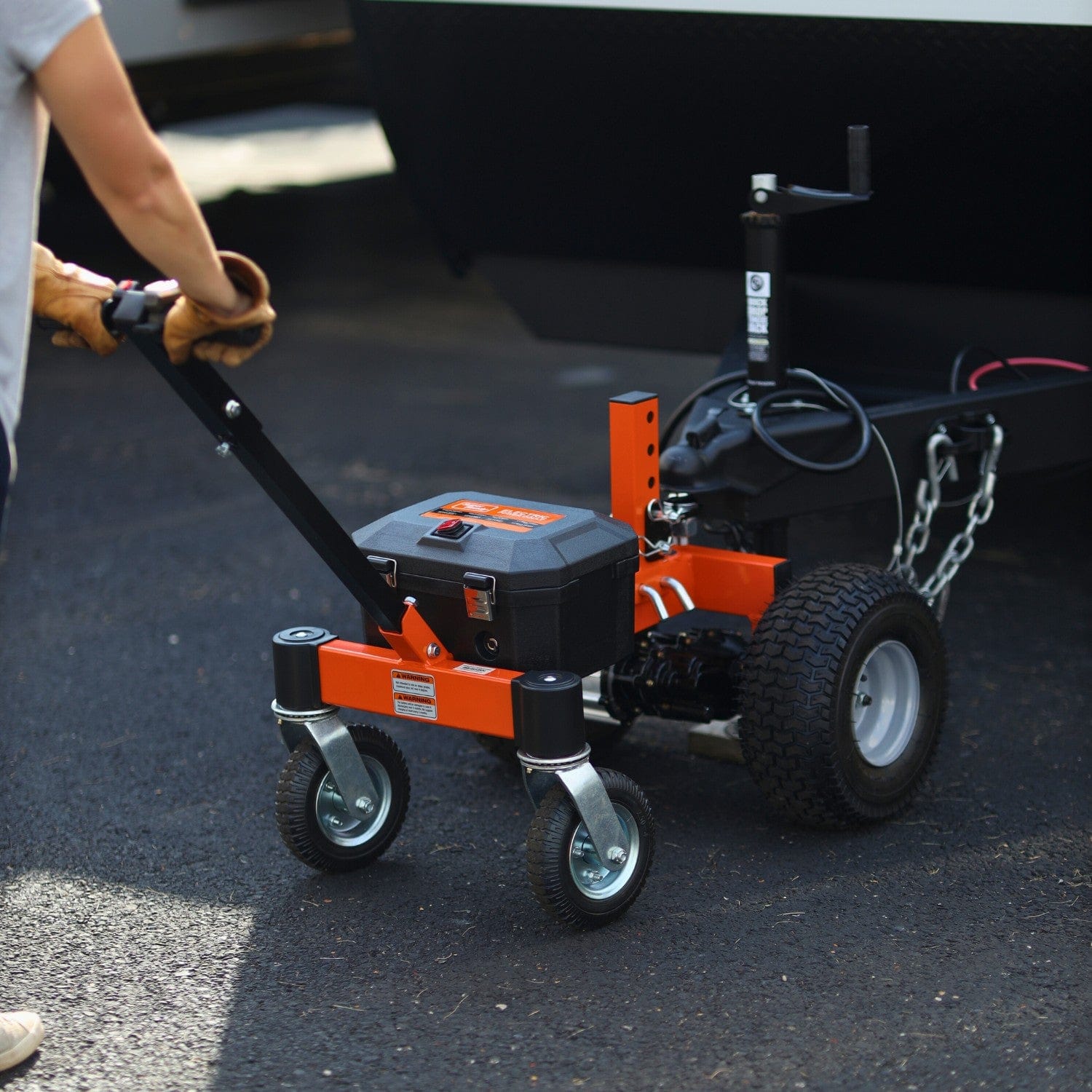
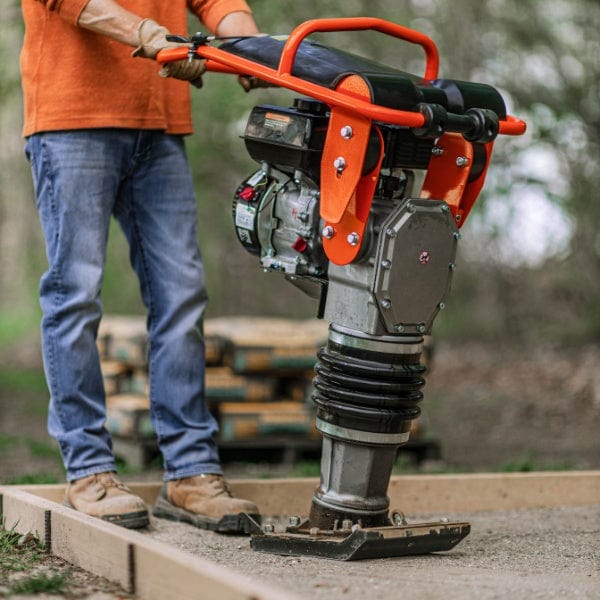
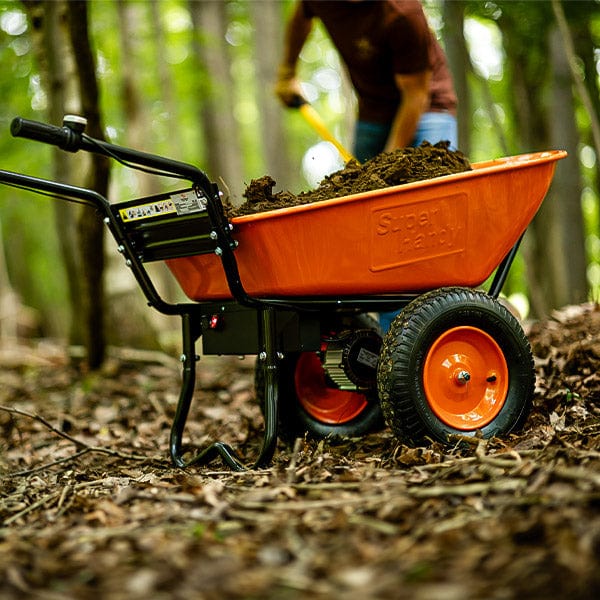
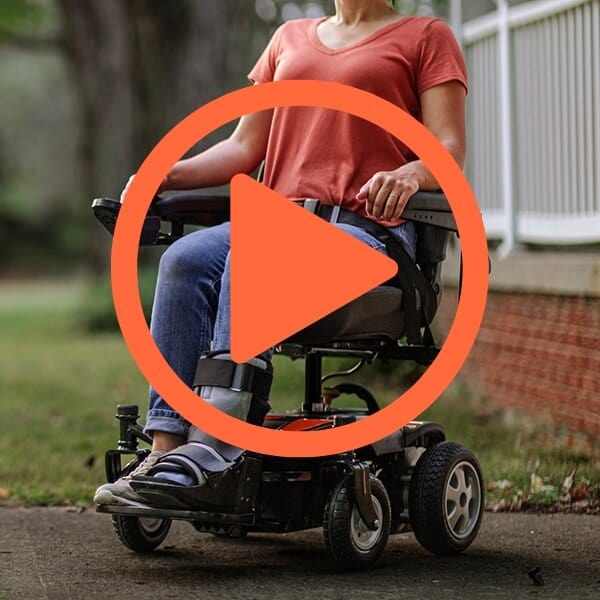

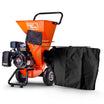
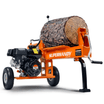
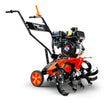
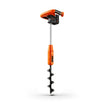
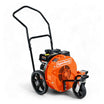
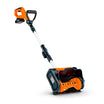
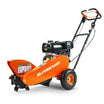
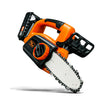
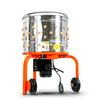
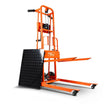
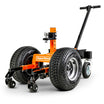
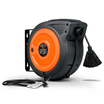
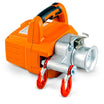
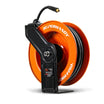
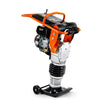
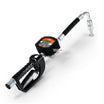
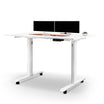
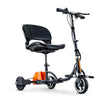
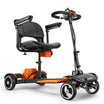
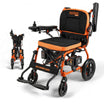


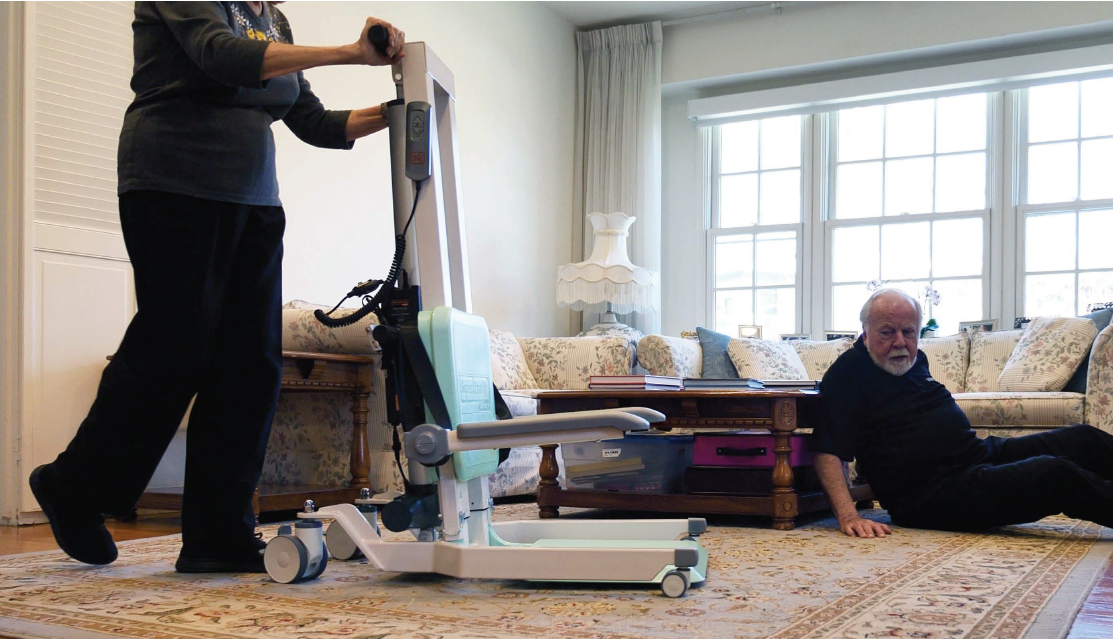
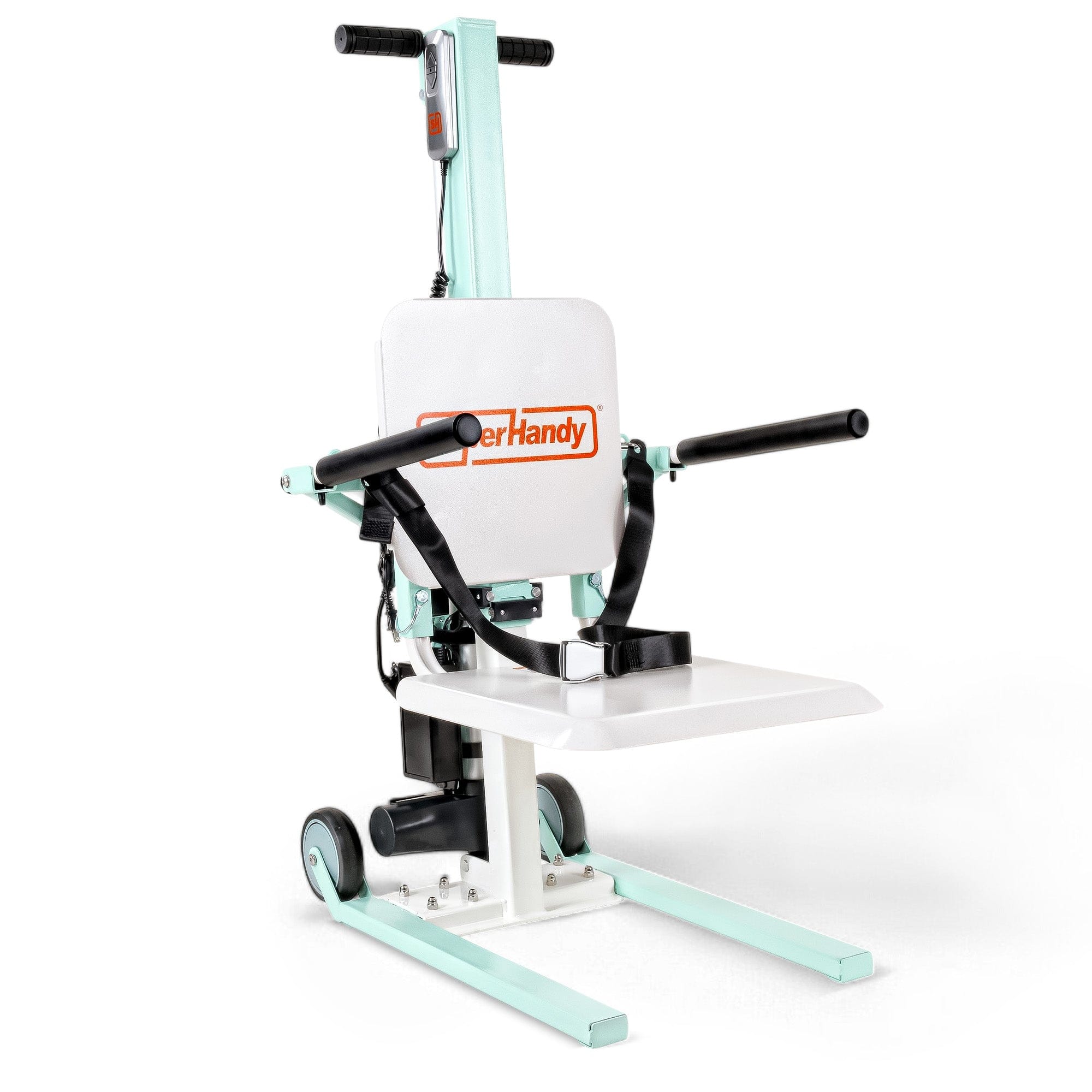
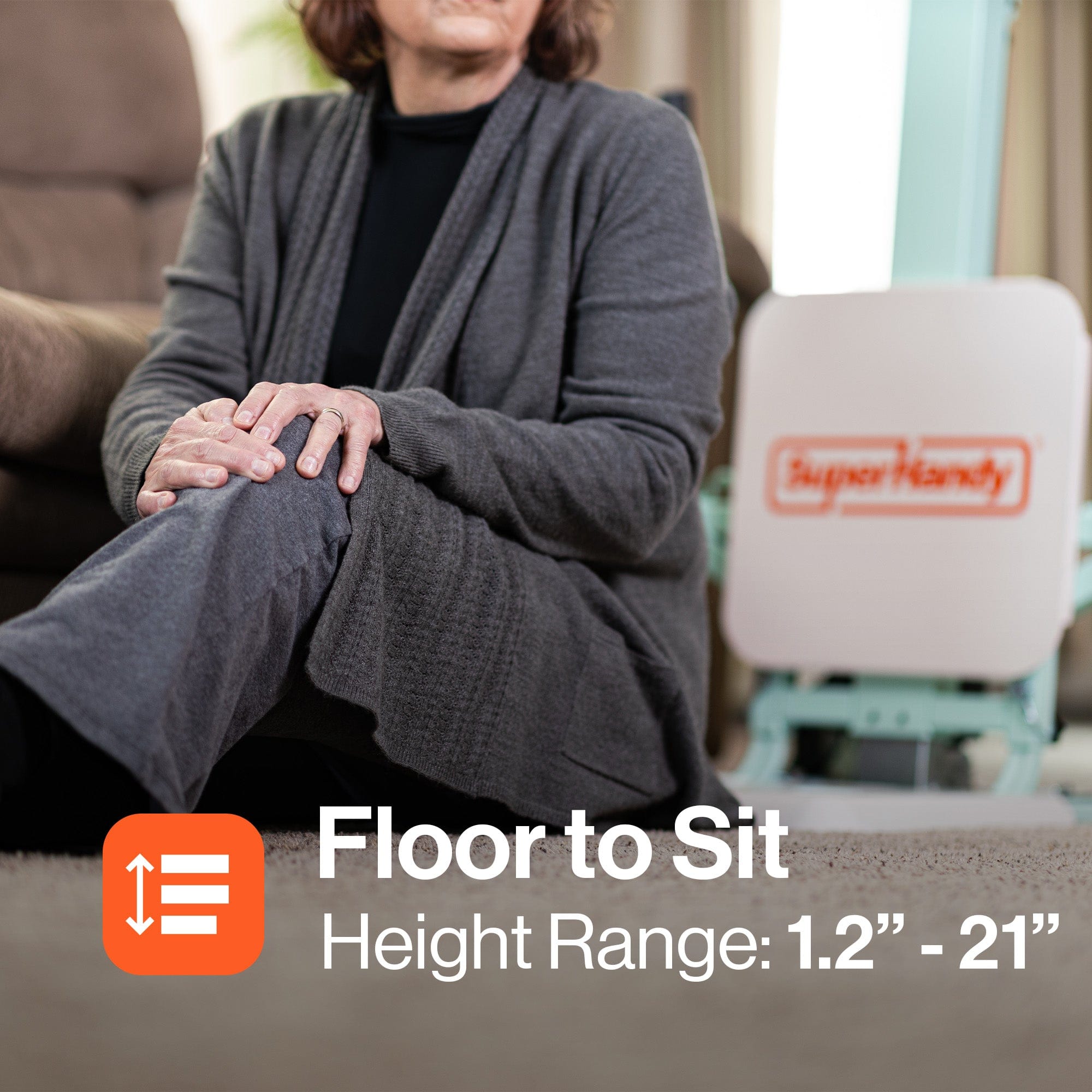
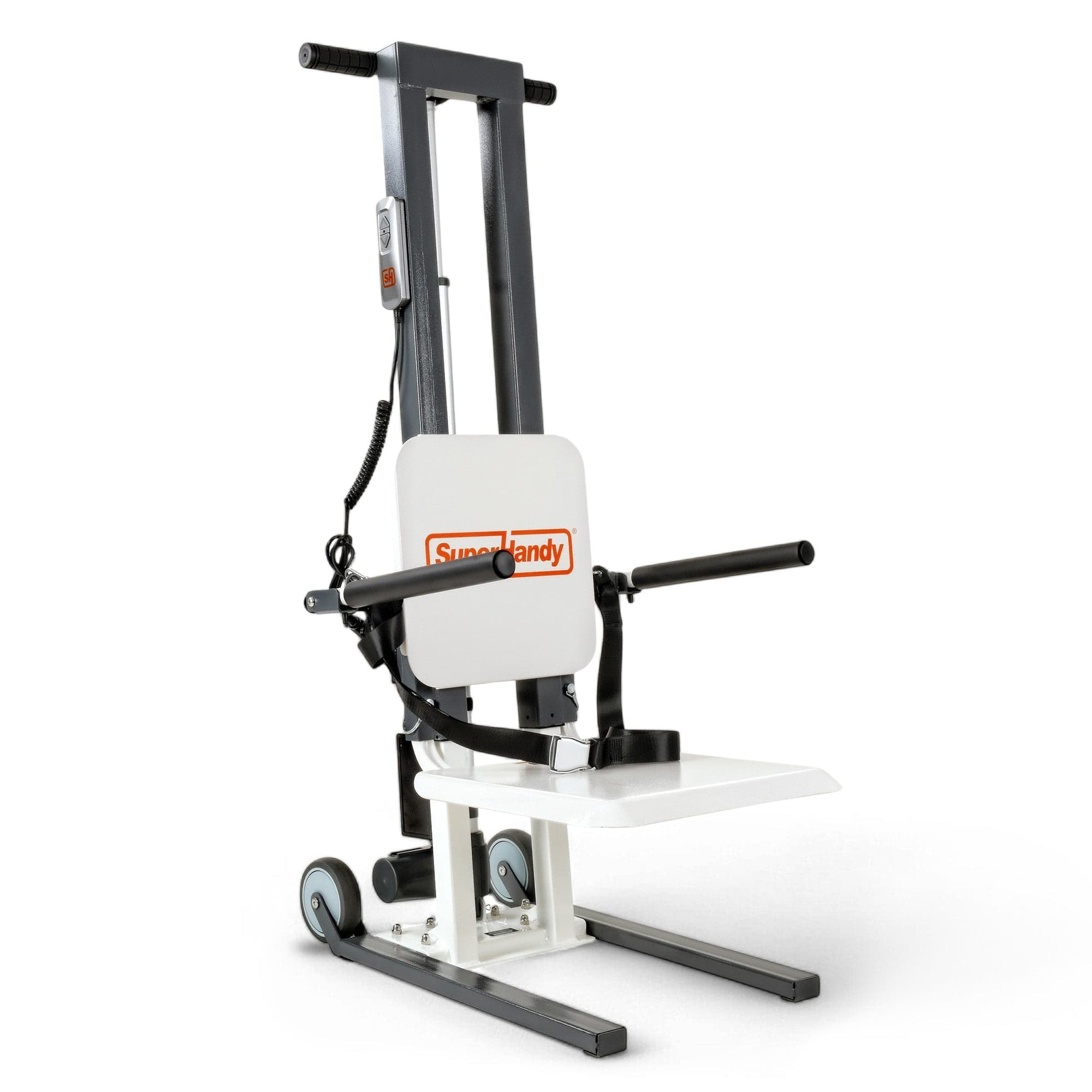
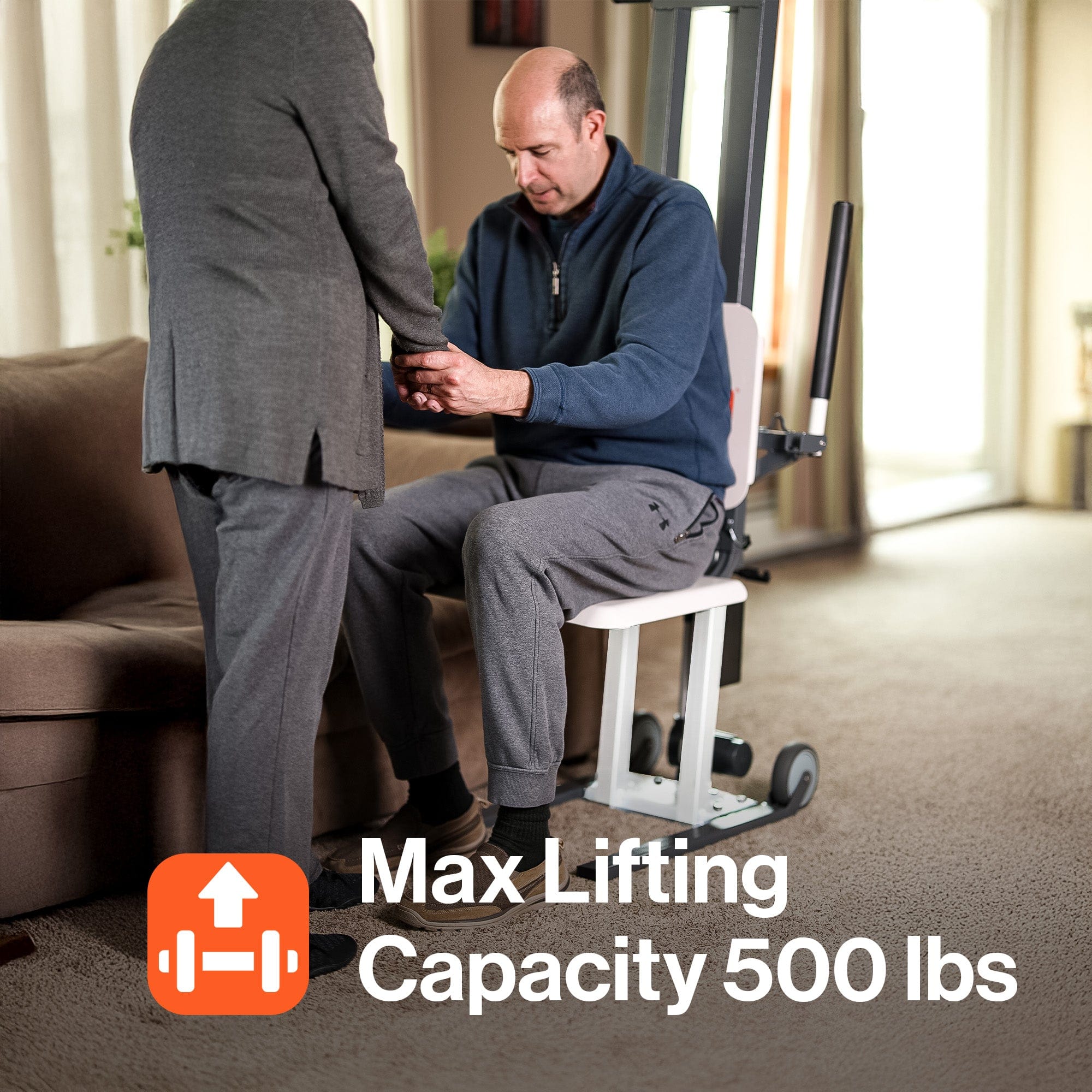
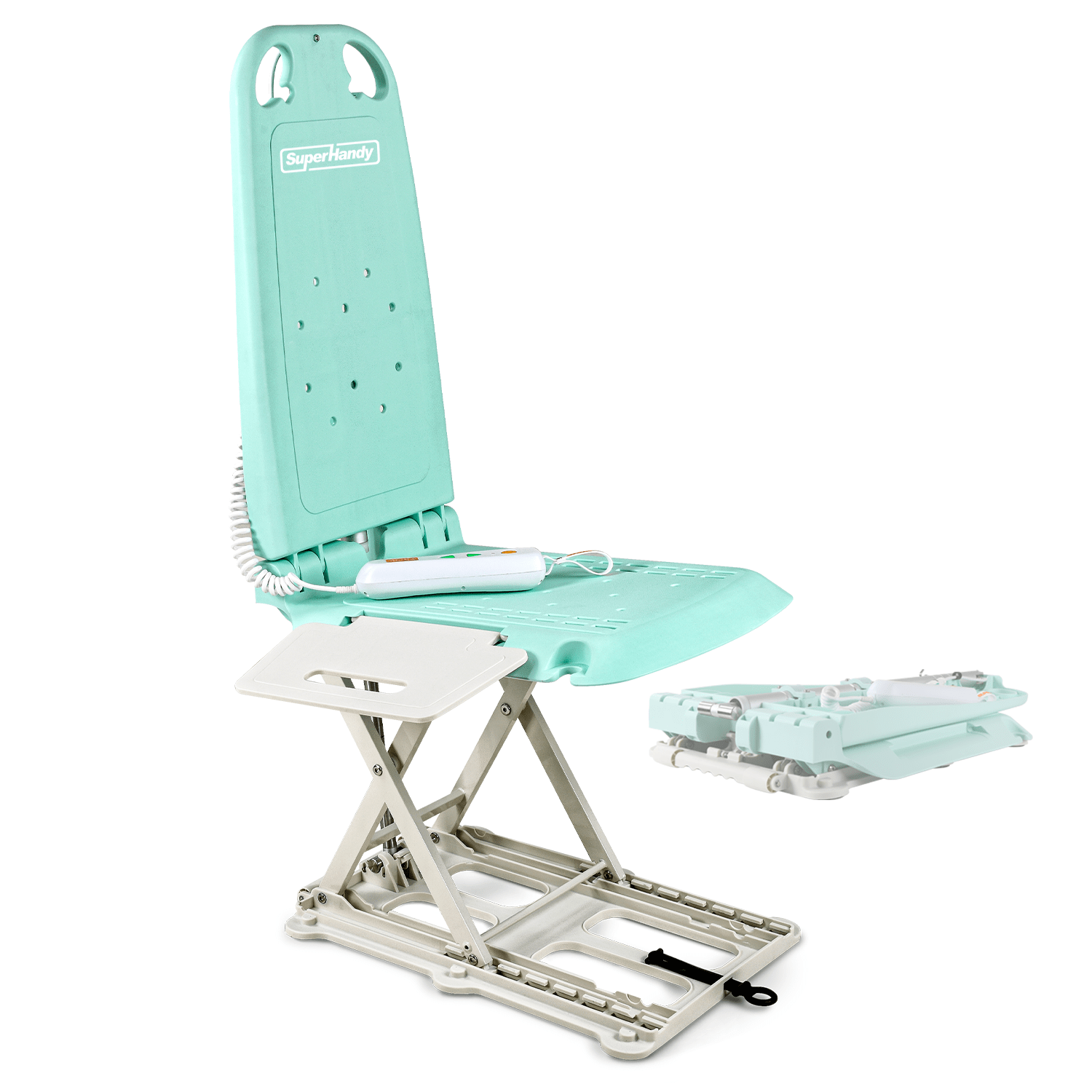
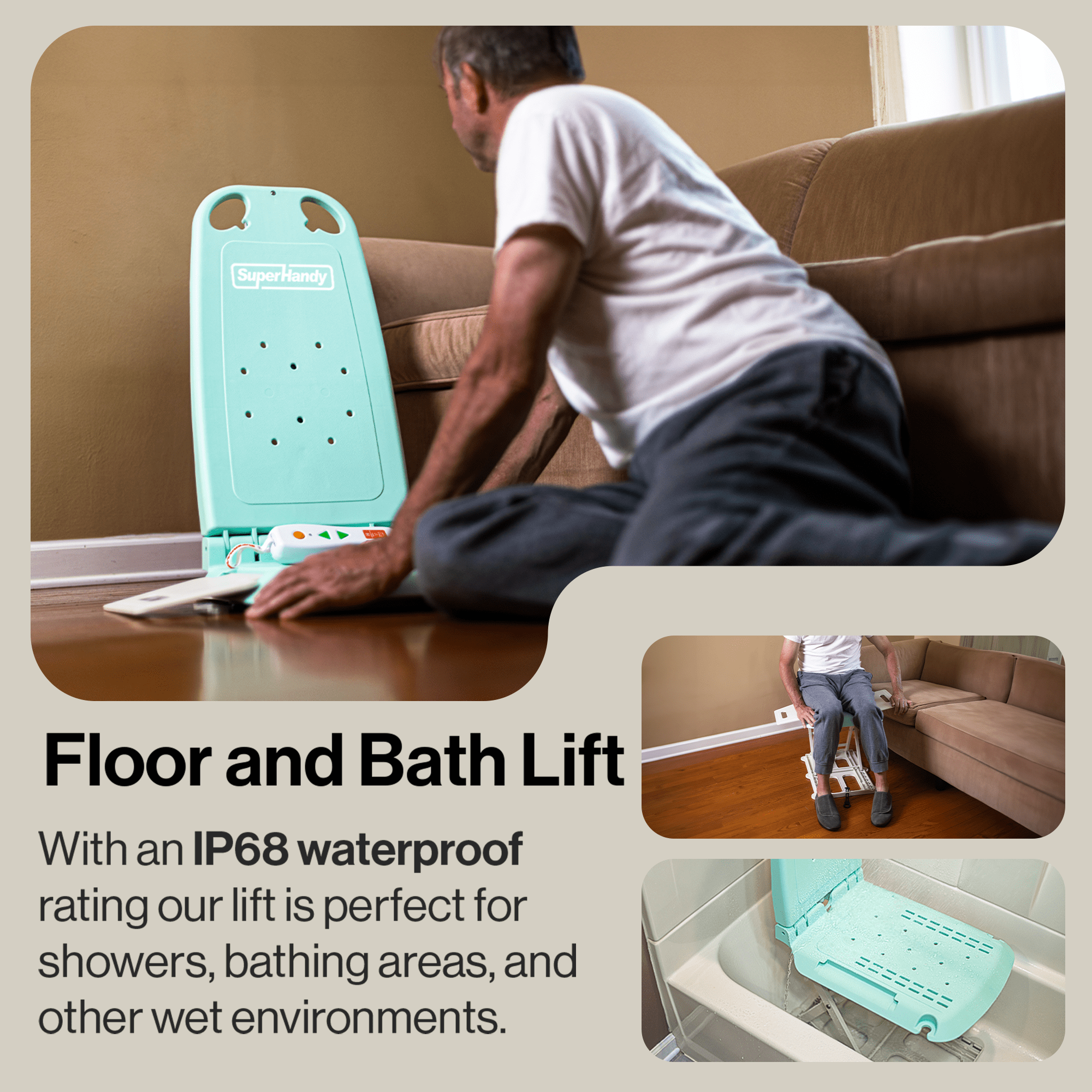
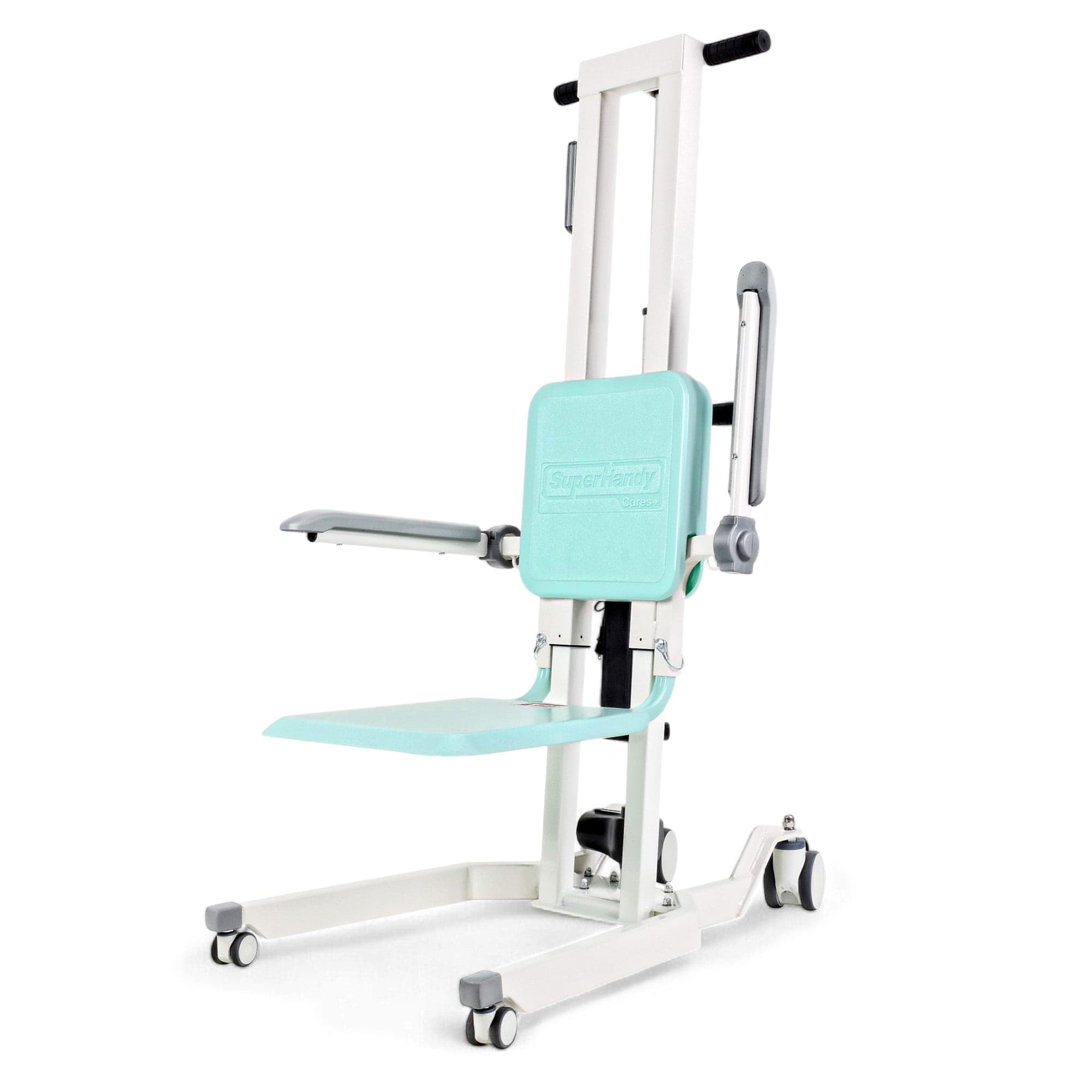
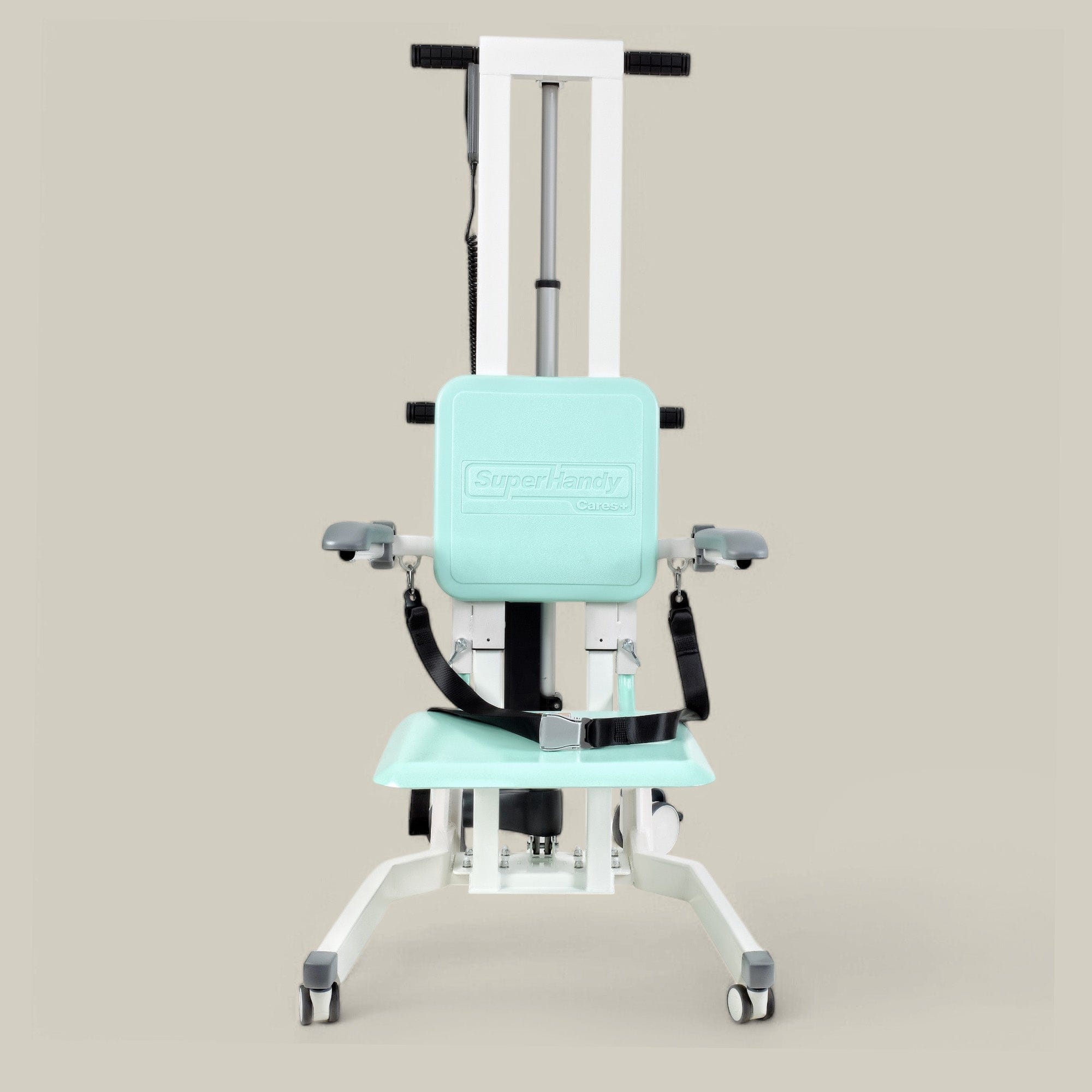
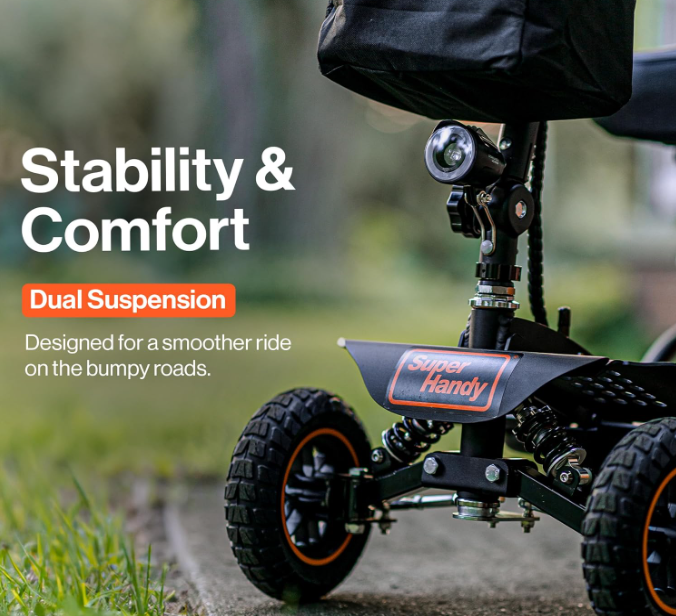
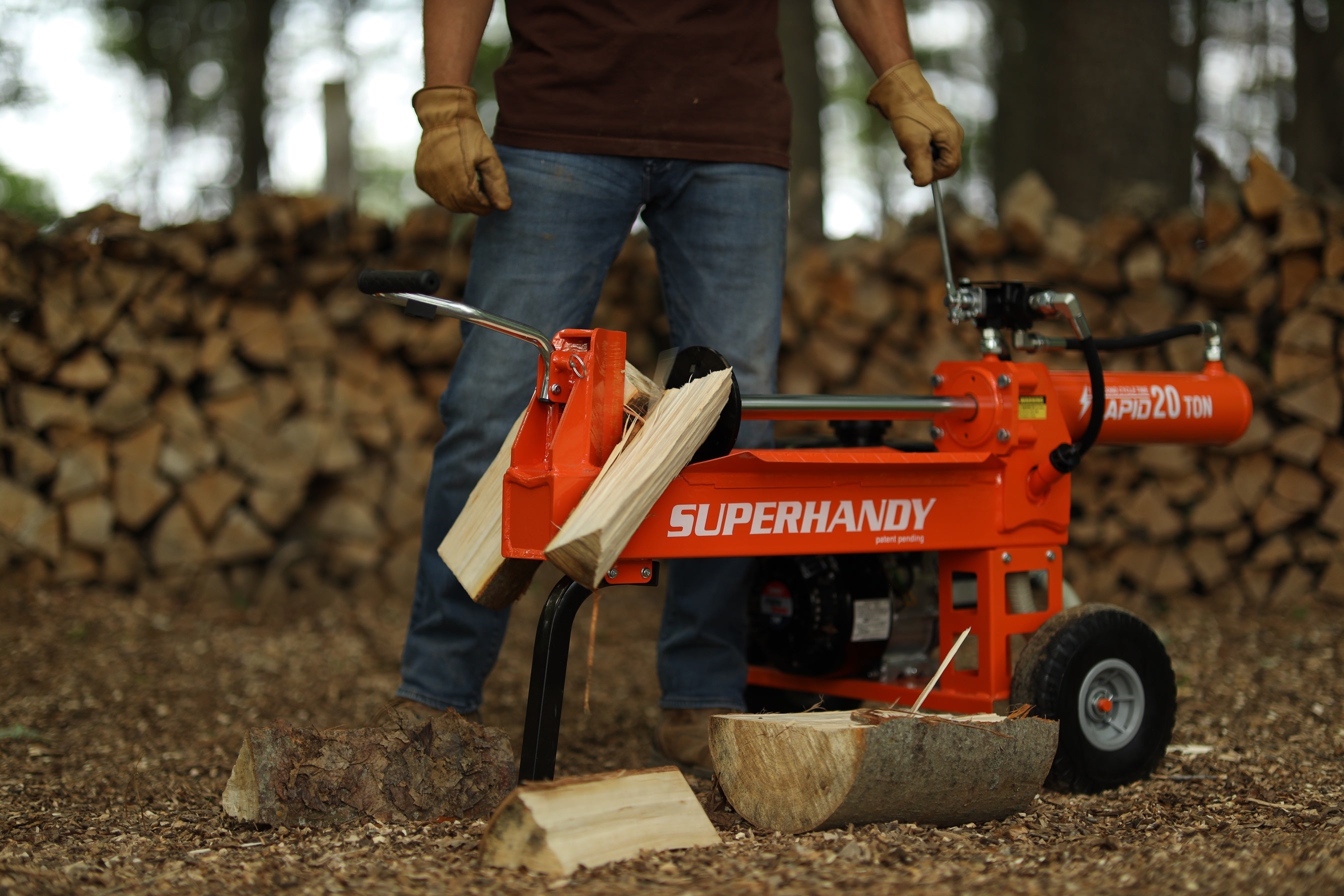
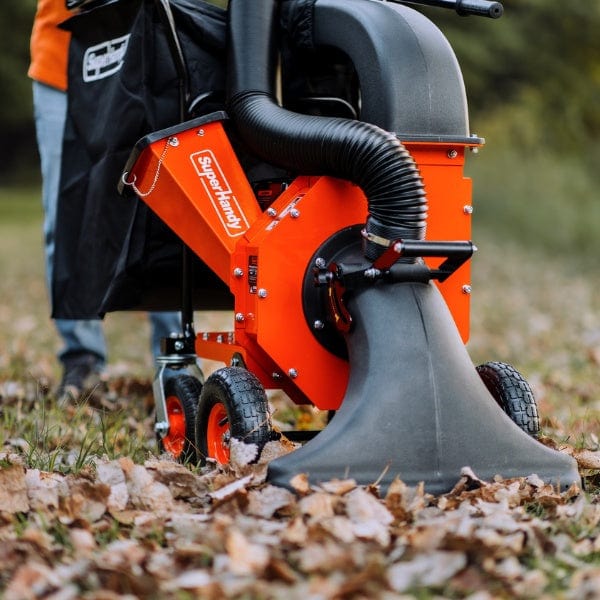
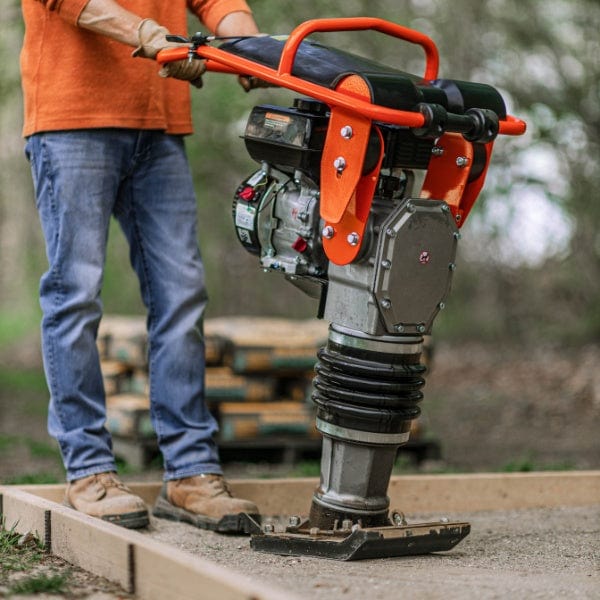
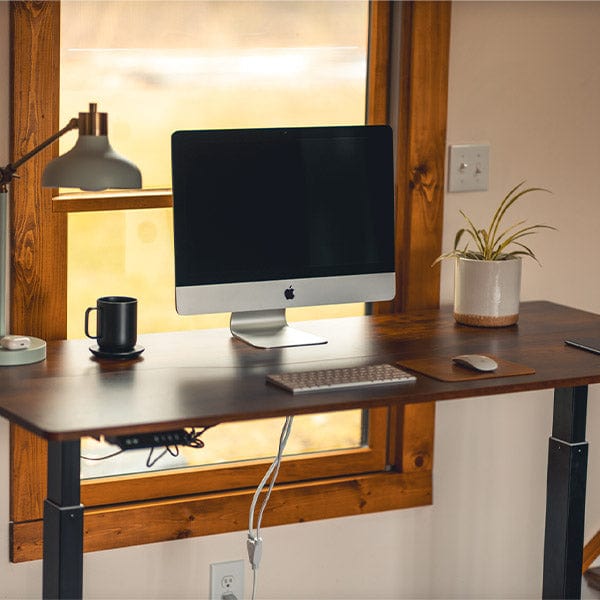
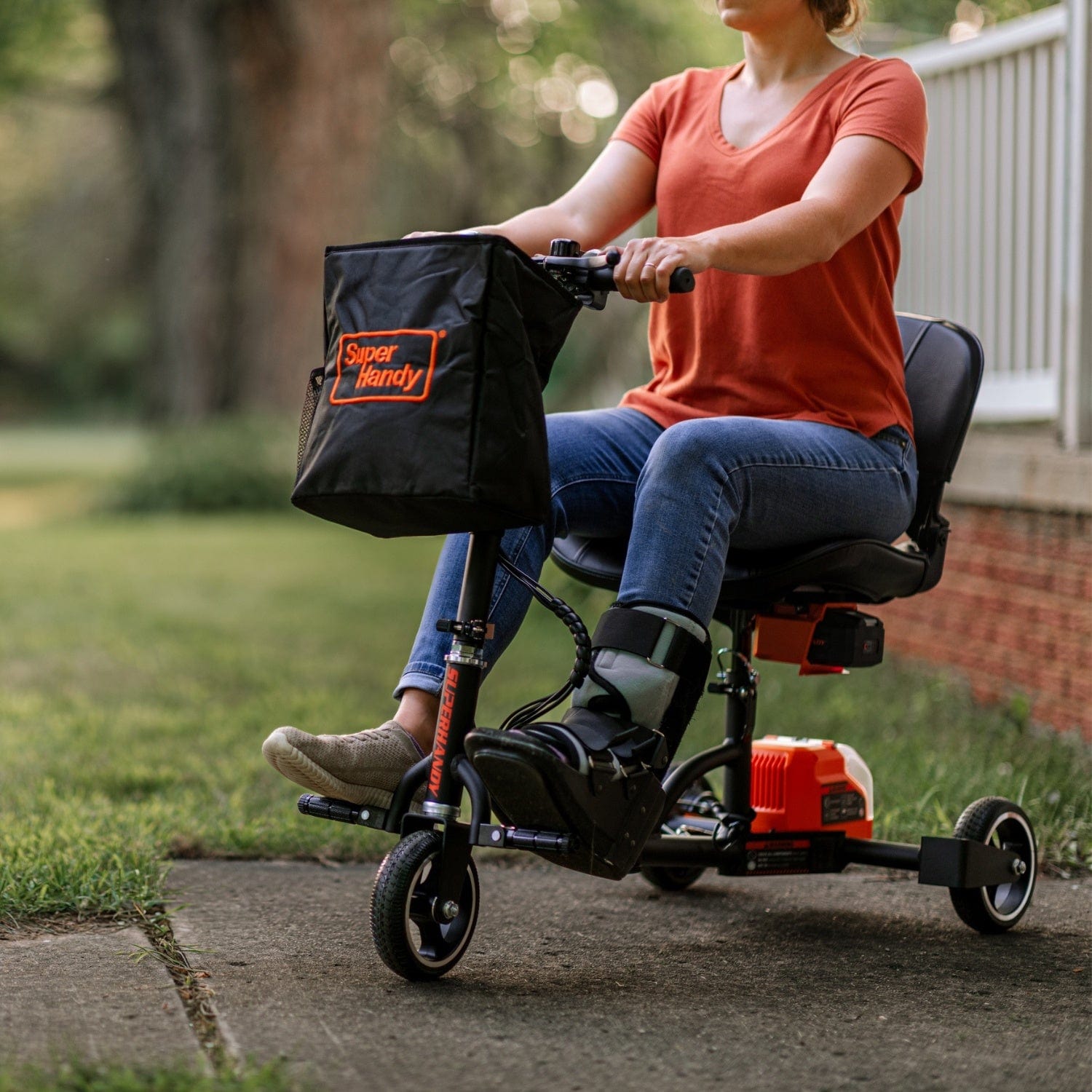
Leave a comment
All comments are moderated before being published.
This site is protected by hCaptcha and the hCaptcha Privacy Policy and Terms of Service apply.